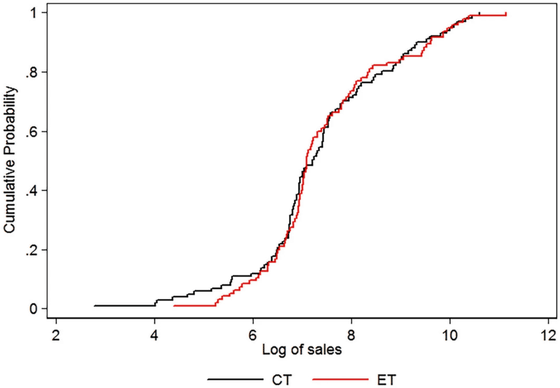Research shows that cracking down on online piracy leads to increased sales of paper books

To prevent the distribution of pirated copies of books on the Internet, publishers have taken various measures, such as
Internet “piracy” and book sales: a field experiment | Journal of the Economic Science Association
https://link.springer.com/article/10.1007/s40881-024-00171-9

Taking Pirated Copies Offline Can Benefit Book Sales, Research Finds * TorrentFreak
https://torrentfreak.com/taking-pirated-copies-offline-can-benefit-book-sales-research-finds-240804/
Removing the domains of pirate sites and blocking them from appearing in search results are the most widely used anti-piracy measures in the world. However, a study conducted in the UK in 2015 showed that 'blocking one site will only increase access to other pirate sites, without increasing the consumption of legitimate content,' and in the same year the European Commission issued a report stating that 'there is no evidence to support that online piracy changes content sales.' Some people are of the opinion that anti-piracy measures will not increase sales of legitimate content.
Meanwhile, a paper published by researchers from Chapman University and Carnegie Mellon University in the US looked at illegal streaming sites, mainly video content, to see whether blocking was effective and which sites saw an increase in users as a result. The results showed that after large-scale blocking was implemented, the number of accesses to legitimate content increased by around 5% to 8% depending on the country.
Blocking pirated sites increases consumption of legitimate content - Research results

Researchers from the University of Warsaw in Poland have investigated whether blocking pirated copies of books, not just video content that is likely to lead to legitimate streaming sites, would affect sales of legitimate copies. Because Poland's e-book market is fairly small, the study only took into account printed books, and is an experiment to see whether sales of paper books would increase if online pirated books were made inaccessible.
In the experiment, nine well-known publishers collaborated, selecting between 5 and 53 books each. The books were assigned to either a 'removal group' or a 'non-removal group' based on factors such as price, format, and popularity. The books in the 'removal group' were then shared with a Polish anti-piracy organization, which actively sought out online pirates and issued takedown notices for a year.
The graph below shows the results of the experiment as a cumulative distribution function , with the horizontal axis representing sales. The sales of the 'group that did not delete the pirated version' shown in black were only slightly higher than the sales of the 'group that deleted the pirated version' shown in red, and no statistically significant difference was observed.

The researchers then combined the results of their experiment with data from previous studies using Bayesian inference , and concluded that 'while the difference was not significant in conventional analyses, the Bayesian analysis led them to conclude that restricting unauthorized distribution resulted in a significant increase in sales of approximately 9%.'
The researchers concluded that while the initial analysis did not yield significant results because of the relatively small sample size, this study's ability to compare results over the same period using a complete control group makes an important contribution to piracy research, as studies on piracy often rely on before-and-after comparisons.
In addition, while most past research on anti-piracy has relied on temporary blocking, which researchers cannot control, the University of Warsaw researchers are conducting long-term research in collaboration with publishers and anti-piracy agencies. This approach also has important implications and benefits, the researchers say.
Related Posts:
in Web Service, Posted by log1e_dh






